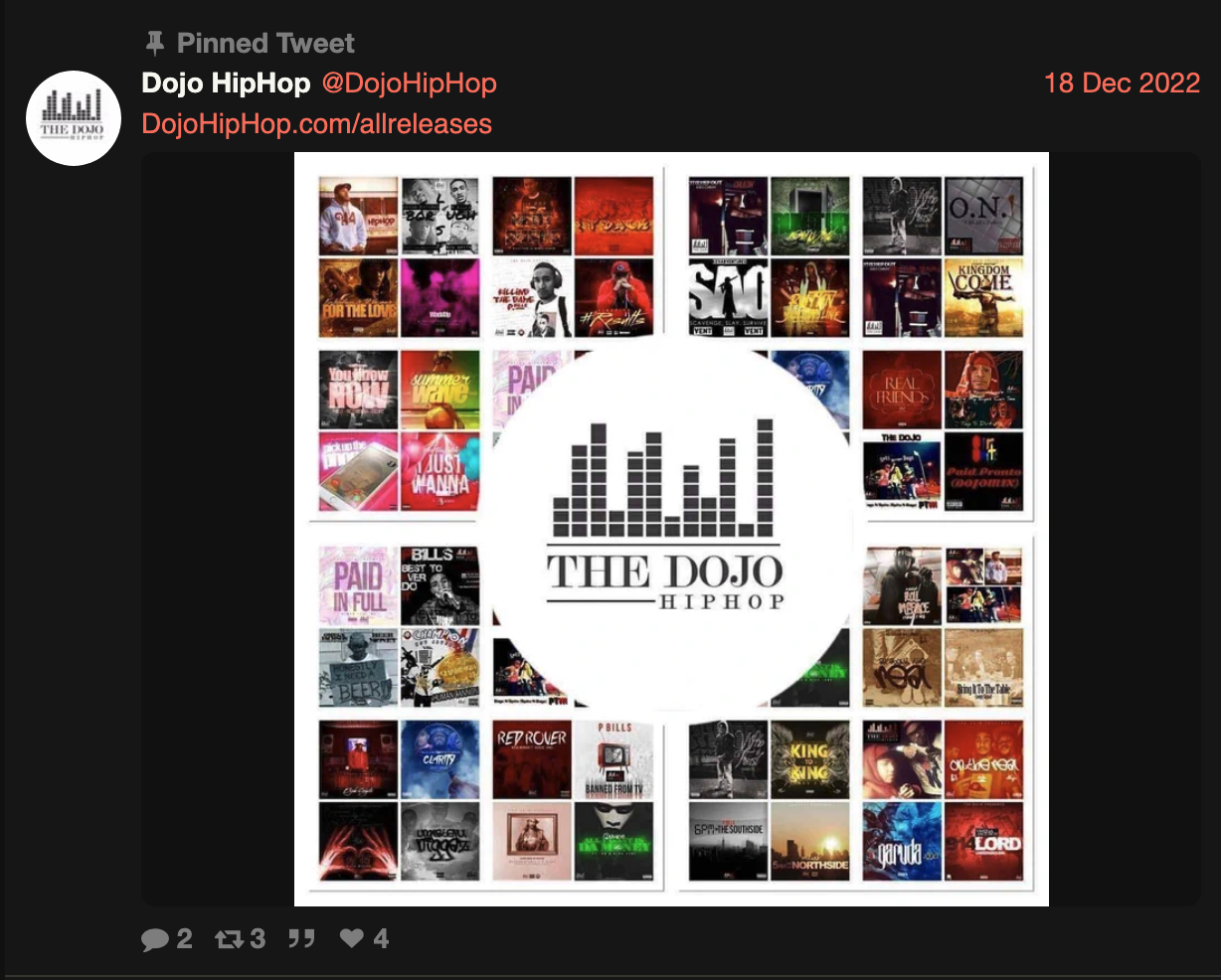Spotify Has Made A Loud Statement By Muting R. Kelly, But It’s A Dangerous Precedent.

R. Kelly is today embroiled in what may prove to be the breaking point in the years-long backlash against him amidst allegations of sexual abuse, harassment, statutory rape and more. Though he’s faced legal battles for decades—he was found guilty of battery in 1996, for starters—the award-winning, multi-platinum selling singer and producer is seen in the court of public opinion as having escaped appropriate judicial punishment for alleged sexual crimes committed against unwilling women and underage girls throughout his remarkable career. Social pressure, however, is picking up some of the slack. In recent months, venues and promoters have backed out of supporting dates on R. Kelly tours, and the longstanding #MuteRKelly campaign continues to influence industry heavyweights to back out of keeping Robert Kelly in business. Even his longtime publicist, manager, and attorney have dropped him as a client.
In a severe blow to his legacy as a musician in the digital age, Spotify has removed R. Kelly’s music from its playlists. As reported by Variety, the multi-billion dollar company and global music influencer is “removing R. Kelly’s music from its editorial and algorithmic playlists as part of its updated policy toward hate content and hateful conduct.” An official statement from Spotify included more:
“We are removing R. Kelly’s music from all Spotify owned and operated playlists and algorithmic recommendations such as Discover Weekly. His music will still be available on the service, but Spotify will not actively promote it. We don’t censor content because of an artist’s or creator’s behavior, but we want our editorial decisions – what we choose to program – to reflect our values. When an artist or creator does something that is especially harmful or hateful, it may affect the ways we work with or support that artist or creator.”
Bill Cosby Found Guilty Of Sexual Assault & Faces Up To 30 Years In Prison
While Kelly’s music is only being removed from Spotify’s playlists and not from the platform entirely, placement on Spotify’s playlists is responsible for a massive amount of consumption of music on the platform. Inclusion in key playlists like Rap Caviar and Discover Weekly can literally make or break a song, as was the case with Donald Glover’s “Redbone” last year. In many ways, the decision to exclude Kelly’s music is the digital equivalent of banning Kelly from radio. While the music is still available, it will only be heard by those who actively search for it.
The company also announced partnerships with advocacy groups like The Southern Poverty Law Center, The Anti-Defamation League, Color Of Change, Showing Up for Racial Justice (SURJ), GLAAD, Muslim Advocates and the International Network Against Cyber Hate who actively help Spotify “identify hate content.” It’s worth noting that it isn’t R. Kelly’s music being identified as hateful, but rather the “multiple accusations of sexual misconduct against young and under-aged women,” as Variety points out. By that description, other artists would also be susceptible to Spotify’s policy. Michael Jackson was tried for the sexual assault of a 13-year-old boy, and faced other such allegations, though he was never convicted. Jerry Lee Lewis married his 13-year old cousin.
The decision arrives the same week two more female accusers, Asante McGee and Kitti James, appeared on Today, to speak about their abusive relationships with the R&B veteran, and three-time Grammy Award-winner.
[embedded content]
Hip-Hop Needs To Take A Stand On Gun Violence. We’ll Go First.
Also removed from Spotify is the music of XXXTentacion, a rapper “facing charges in Florida including aggravated battery of a pregnant woman and witness tampering.” This development is also a result of the just-announced aforementioned “hate content and hateful conduct public policy.” Today (May 10), Spotify broke the news of the new policy and its basic tenets. The full policy explains, “Hate content is content that expressly and principally promotes, advocates, or incites hatred or violence against a group or individual based on characteristics, including, race, religion, gender identity, sex, ethnicity, nationality, sexual orientation, veteran status, or disability.”
Based on that definition, countless albums from countless artists in Hip-Hop and elsewhere could potentially be flagged for hateful content. For example, Tupac Shakur is—among many, many other things—a convicted sexual batterer. That, combined with some of the lyrics of his music, theoretically makes him twice as qualified for a Spotify removal as R. Kelly, who has no sexually related convictions of any kind nor lyrics as violent or misogynistic. CeeLo Green was sentenced to probation and more after pleading no contest to a felony charge of furnishing a controlled substance to a woman who accused him of sexual battery. Technically, that makes him more of a sexual offender (in a wholly legal sense) than R. Kelly. Dr. Dre has had some of the most misogynistic lyrics on record, publicly assaulted Dee Barnes, and is accused of battery by Michel’le. After an industry backlash, Chris Brown withdrew from public appearances (including at the 2009 Grammy Awards) in the wake of his domestic-violence case involving Rihanna. He eventually pleaded guilty to a felony and accepted a plea deal which included community service, domestic-violence counseling, and probation. His music currently appears on the Spotify-curated “Most Necessary” playlist.
El-P Has Killer Mike’s Back Even Though They Disagree On Gun Control
Hip-Hop and R&B has long faced censorship of one kind or another. N.W.A. were arrested in 1989 for performing their song “F*ck The Police,” in Detroit. 2 Live Crew infamously went all the way to the Supreme Court for the right to perform their music, after being arrested for obscenity in 1990. Mainstream radio refused to play Hip-Hop for years, and MTV did not play the genre until 1984, three years after its inception. As Hip-Hop and R&B continue to face the music, Spotify’s new policy may prove to be their latest battle against censorship.
Go to Source
Author: Amanda Mester
Powered by WPeMatico

